Inside Chequers: the country estate where Boris Johnson held his ‘farewell bash’
Outgoing PM under fire for missing emergency Cobra meeting on heatwave to throw leaving party
A free daily email with the biggest news stories of the day – and the best features from TheWeek.com
You are now subscribed
Your newsletter sign-up was successful
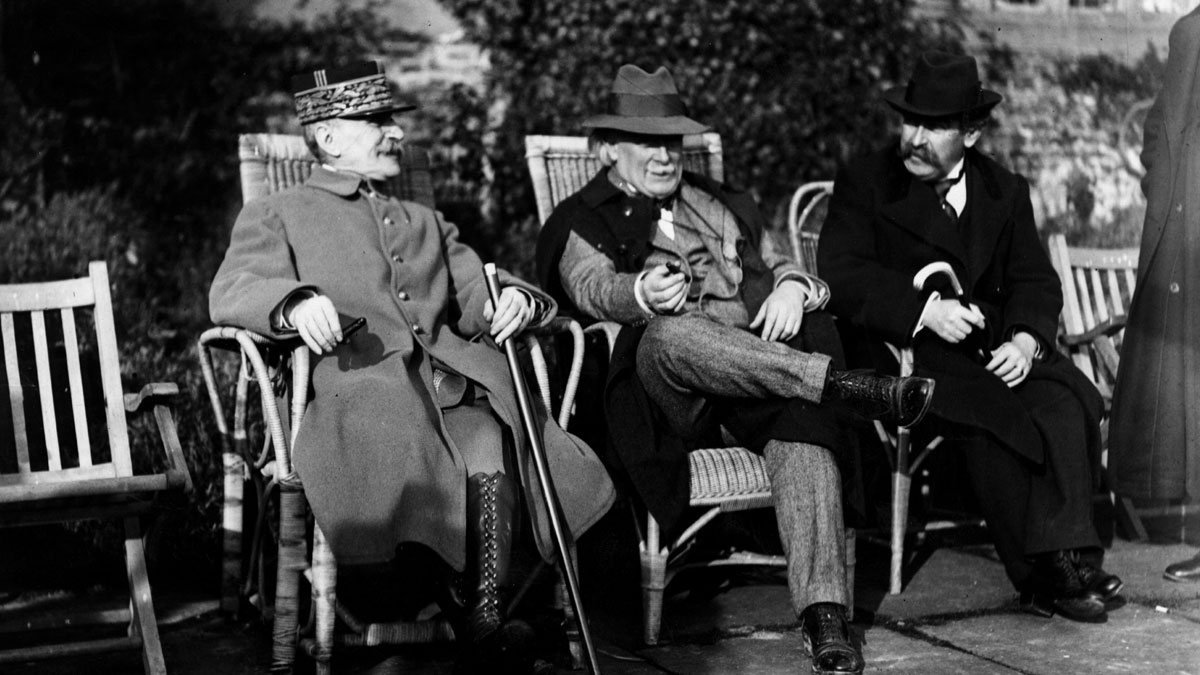
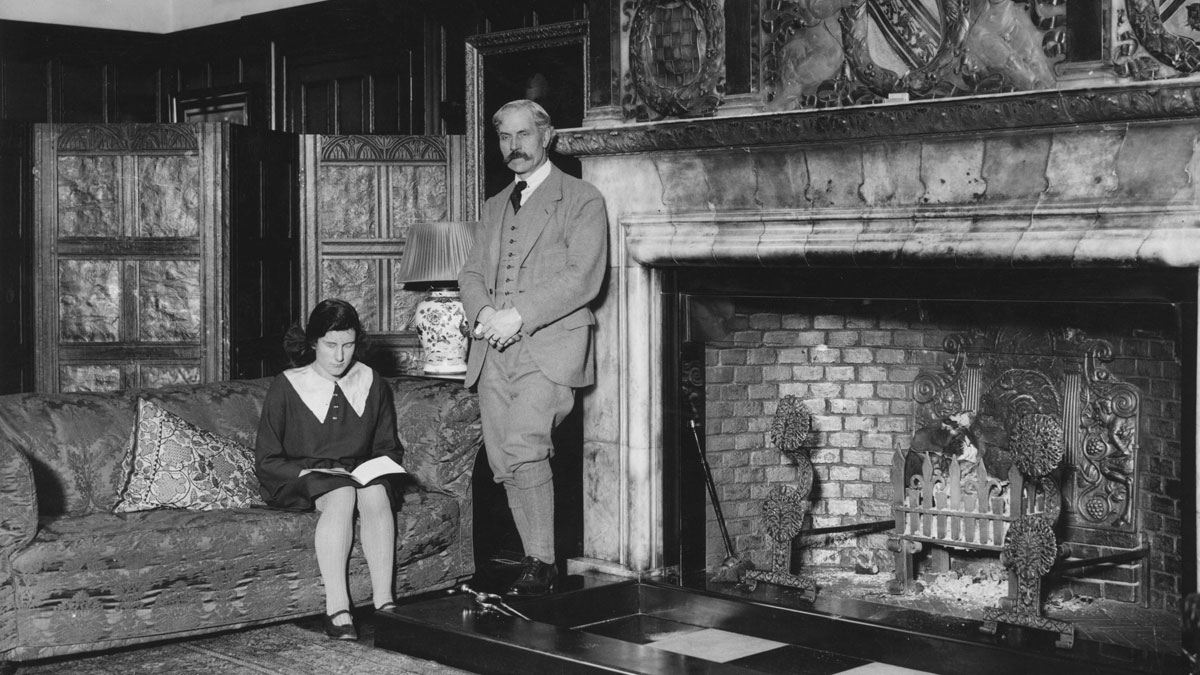
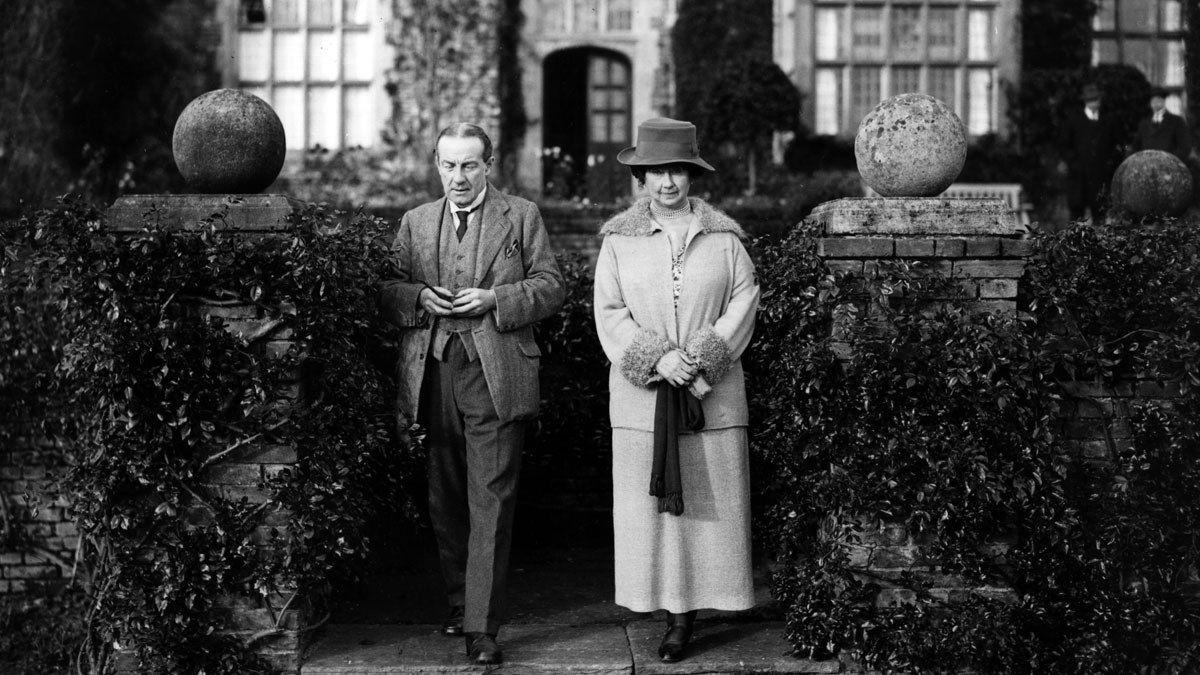
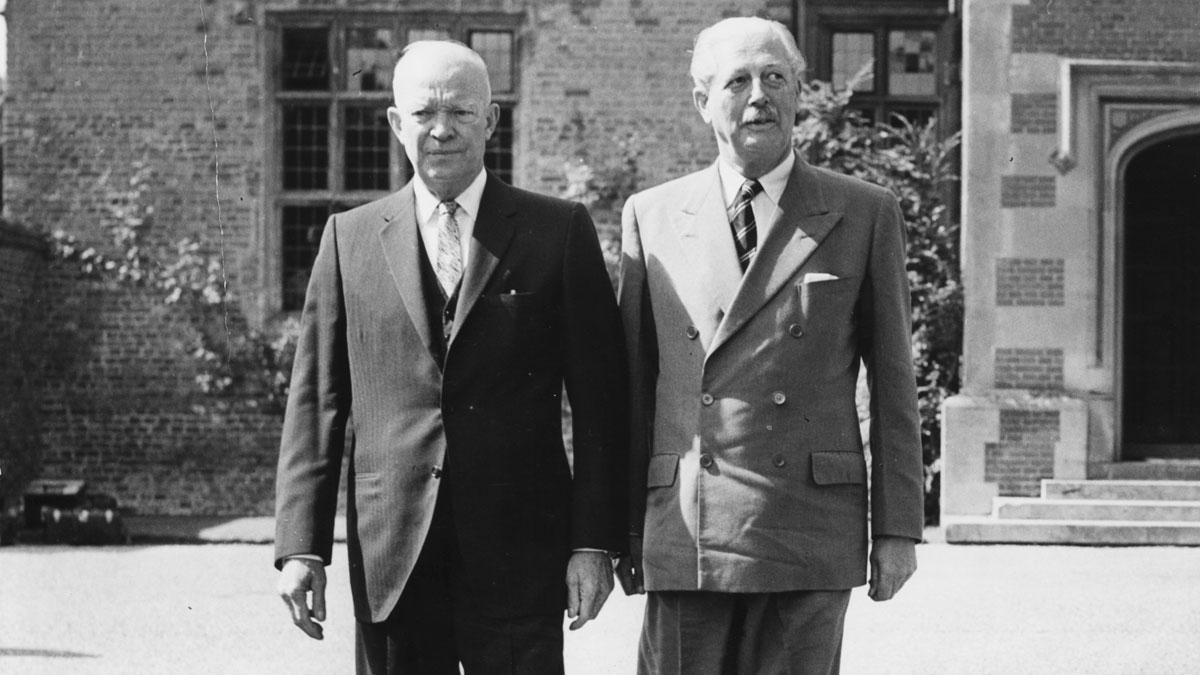
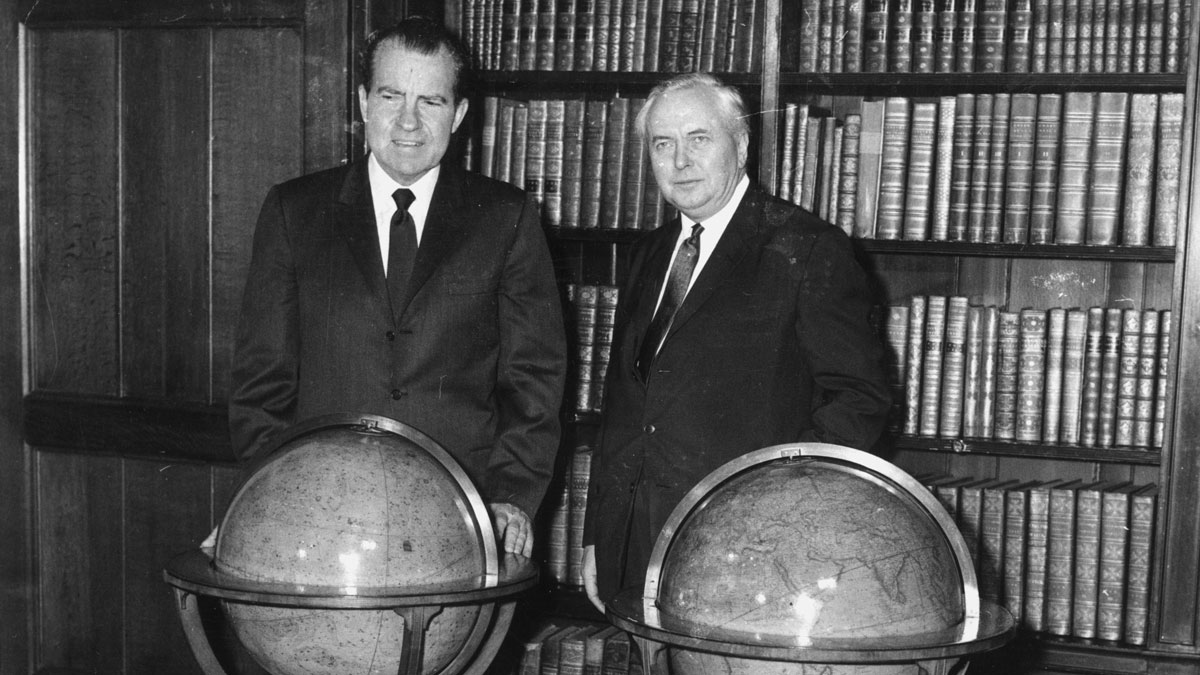
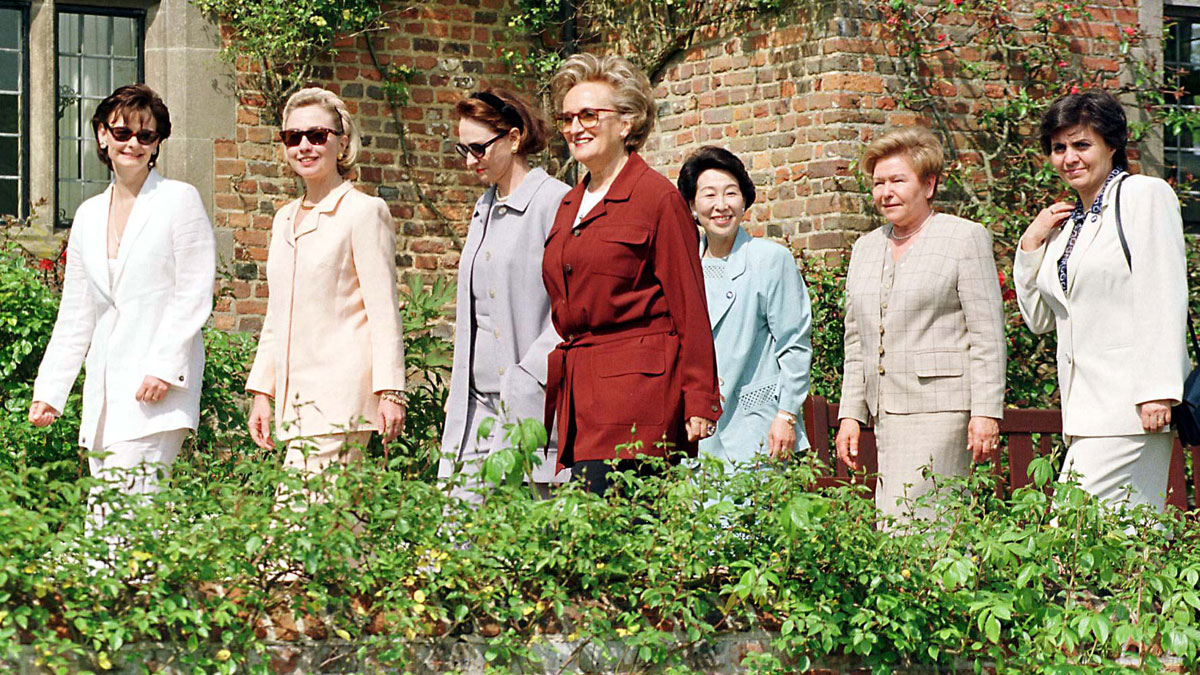
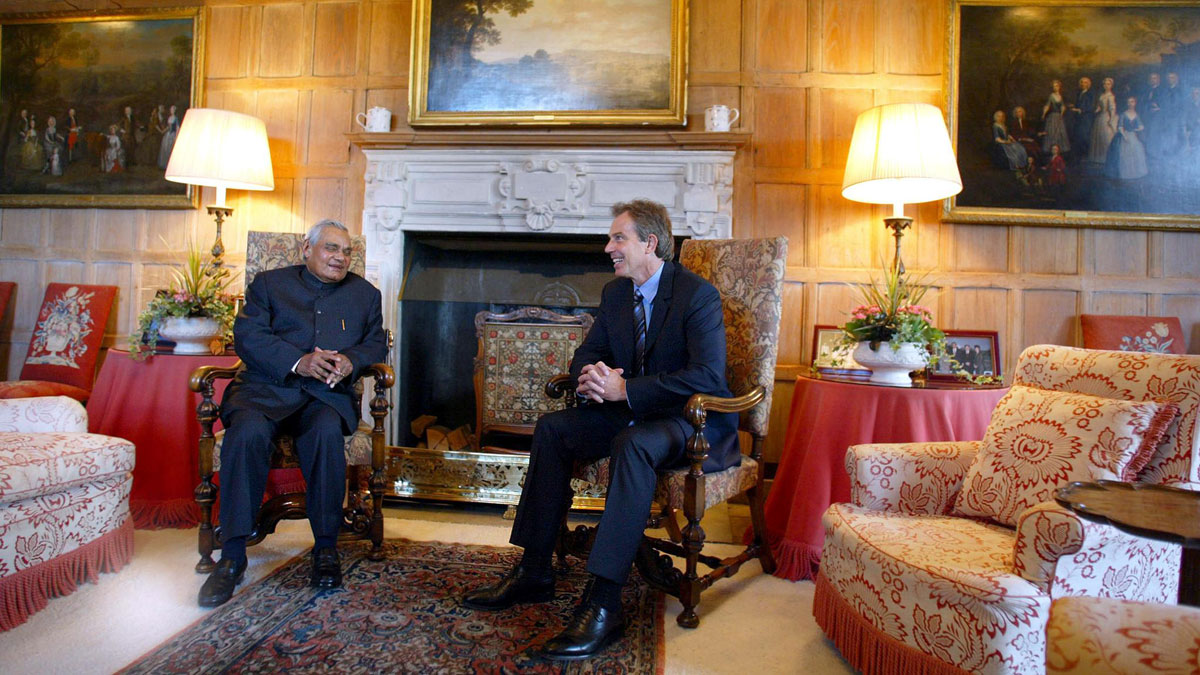
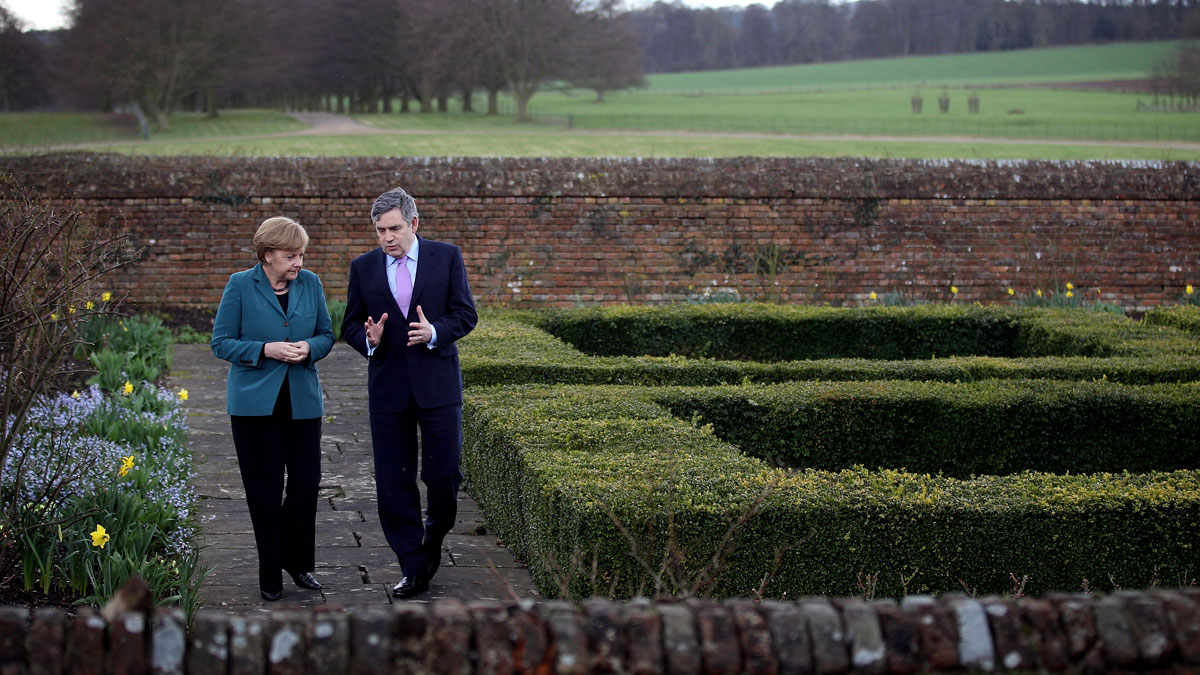
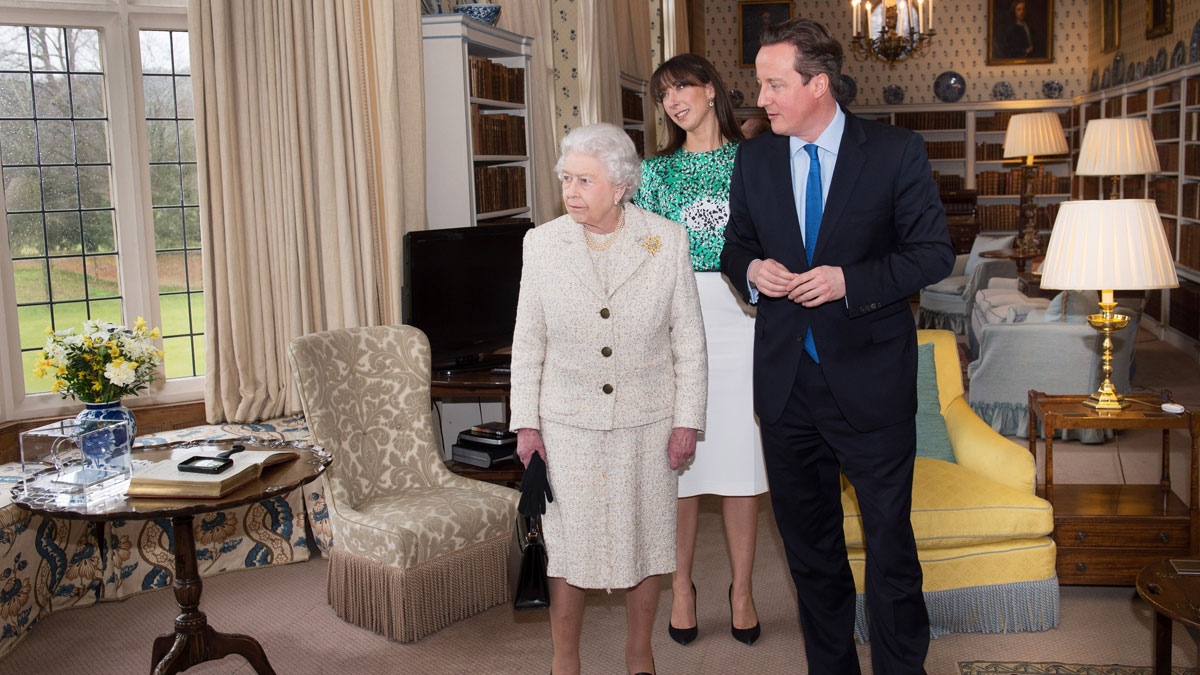
Boris Johnson skipped an emergency Cobra meeting on the UK heatwave this weekend before throwing a farewell party at Chequers, the official country residence of the prime minister.
A No. 10 spokesperson told The Mirror that the party – described by the paper as a “lavish goodbye bash” – was a “private event with no taxpayers’ money being spent”. They refused to reveal how many people had been invited.
Politico’s London Playbook said around 130 people “munched on burgers and sipped deluxe sparkling wine in the sun” at Sunday’s event.
The Week
Escape your echo chamber. Get the facts behind the news, plus analysis from multiple perspectives.

Sign up for The Week's Free Newsletters
From our morning news briefing to a weekly Good News Newsletter, get the best of The Week delivered directly to your inbox.
From our morning news briefing to a weekly Good News Newsletter, get the best of The Week delivered directly to your inbox.
Cabinet Office minister Kit Malthouse, who chairs the Cobra meetings, appeared on Sky News this morning, where he defended the PM’s decision to skip the emergency session. “The prime minister has to deal with lots of things on a daily basis. That’s why he appoints secretaries of state to deal with those issues,” he said.
A “pal” of the PM’s told Politico that Johnson had delivered a “tub-thumper” of a speech, which was “relentless in its optimism and laced with gags”. Another unnamed person present said “the speech was ‘incredible’ and contained lots of laughter and tears, with guests asking each other ‘what the hell’ critics had done in bringing him down”.
One of his “best-received gags” referred to his achievement in rolling out fibre-optic broadband, said Guido Fawkes. “Farmers in tractors up and down the land can watch whatever they like at any time of day to their heart’s content,” Johnson joked.
Deputy Labour leader Angela Rayner described the PM as being “missing in action again”. “If he still can’t take the responsibility of the job, he should leave right now,” she added.
A free daily email with the biggest news stories of the day – and the best features from TheWeek.com
Aerial footage of Chequers taken by Sky News on Sunday showed a group of people sitting on outdoor benches on the estate’s grounds.
What is Chequers’ history?
British prime ministers have been using the Chequers estate as their official country residence since 1921.
Situated in more than 1,000 acres of Buckinghamshire countryside, just outside Aylesbury, Chequers is used both as a relaxing retreat for the prime minister of the day and a place to entertain high-profile visitors. Previous guests have included everyone from Richard Nixon to Claudia Schiffer.
A building has been recorded on the site since the 12th century, but it was after a project of extensive enlargement and remodelling in 1565 that the modern Chequers took shape. Over the years, the house has been connected to many important events in English history. Lady Mary Grey, sister of Lady Jane Grey, was briefly kept under house arrest at Chequers during the reign of Elizabeth I, while a later owner was a grandson of Oliver Cromwell.
By 1917, changing social dynamics meant the prime minister could no longer be assumed to have his or her own country estate to entertain guests, so the then owners of Chequers, Sir Arthur Lee and his wife Ruth, proposed to sign the estate over to the government for the use of the nation’s leader.
A stained glass window commissioned by the couple reads: “This house of peace and ancient memories was given to England as a thank-offering for her deliverance in the great war of 1914–1918 as a place of rest and recreation for her prime ministers for ever.”
David Lloyd George was the first PM to use the estate as his country residence, following the Lees’ departure in 1921.
How do PMs use Chequers?
Historically, Chequers has been a regular weekend retreat for prime ministers, although Gordon Brown broke with tradition by reserving his visits for summits and other official business.
Brown’s decision during his time in office not to make regular use of Chequers was seen by The Guardian as “a sign of his determination to distance himself from the era of [Tony] Blair, who speaks warmly of how he [wound] down in the grand 16th-century house”.
On the occasions when he was there, Brown was evidently uncomfortable. One insider told author Matthew d’Ancona: “Gordon would greet you in a full carriage-built suit and then go round the children’s table asking them what they were reading.”
Meanwhile, they said, his successor David Cameron “wore jeans and a casual shirt and looked as if he’d lived there all his life”.
Located only 41 miles from Downing Street, Chequers is a convenient escape from London, as well as a glamorous setting to welcome foreign dignitaries. But for some prime ministers, Chequers became a real home.
Carol Thatcher has written of her mother’s strong attachment to the house, which served as the family home for the 11 years that Margaret Thatcher was in power. Denis Thatcher, preferring the estate chef’s dinners to beans on toast in the flat above 10 Downing Street, told his daughter: “Chequers is why you get the job.”
What historical moments have occurred there?
Chequers has seen some momentous occasions in history. Indeed it was while walking in the grounds in September 1939 that Neville Chamberlain found himself “on the verge of a nervous breakdown in the aftermath of the Munich Pact”, said history lecturer Martin Farr in The Conversation. During the subsequent war that the pact had failed to prevent, Winston Churchill regularly broadcast from Chequers.
It was also at Chequers, in March 1970, that Labour prime minister Harold Wilson’s inner cabinet decided to call an early general election. Wilson lost, meaning that it was the Conservative leader, Edward Heath, who later got to show US president Richard Nixon around with the Queen.
In July 2018, Theresa May held a milestone cabinet meeting to agree on the UK’s Brexit white paper. The proposal, which became known as the Chequers plan, prompted several resignations, including those of David Davis and Boris Johnson.
-
 Switzerland could vote to cap its population
Switzerland could vote to cap its populationUnder the Radar Swiss People’s Party proposes referendum on radical anti-immigration measure to limit residents to 10 million
-
 Political cartoons for February 15
Political cartoons for February 15Cartoons Sunday's political cartoons include political ventriloquism, Europe in the middle, and more
-
 The broken water companies failing England and Wales
The broken water companies failing England and WalesExplainer With rising bills, deteriorating river health and a lack of investment, regulators face an uphill battle to stabilise the industry
-
 How corrupt is the UK?
How corrupt is the UK?The Explainer Decline in standards ‘risks becoming a defining feature of our political culture’ as Britain falls to lowest ever score on global index
-
 The high street: Britain’s next political battleground?
The high street: Britain’s next political battleground?In the Spotlight Mass closure of shops and influx of organised crime are fuelling voter anger, and offer an opening for Reform UK
-
 Is a Reform-Tory pact becoming more likely?
Is a Reform-Tory pact becoming more likely?Today’s Big Question Nigel Farage’s party is ahead in the polls but still falls well short of a Commons majority, while Conservatives are still losing MPs to Reform
-
 Asylum hotels: everything you need to know
Asylum hotels: everything you need to knowThe Explainer Using hotels to house asylum seekers has proved extremely unpopular. Why, and what can the government do about it?
-
 Taking the low road: why the SNP is still standing strong
Taking the low road: why the SNP is still standing strongTalking Point Party is on track for a fifth consecutive victory in May’s Holyrood election, despite controversies and plummeting support
-
 Behind the ‘Boriswave’: Farage plans to scrap indefinite leave to remain
Behind the ‘Boriswave’: Farage plans to scrap indefinite leave to remainThe Explainer The problem of the post-Brexit immigration surge – and Reform’s radical solution
-
 What difference will the 'historic' UK-Germany treaty make?
What difference will the 'historic' UK-Germany treaty make?Today's Big Question Europe's two biggest economies sign first treaty since WWII, underscoring 'triangle alliance' with France amid growing Russian threat and US distance
-
 Is the G7 still relevant?
Is the G7 still relevant?Talking Point Donald Trump's early departure cast a shadow over this week's meeting of the world's major democracies